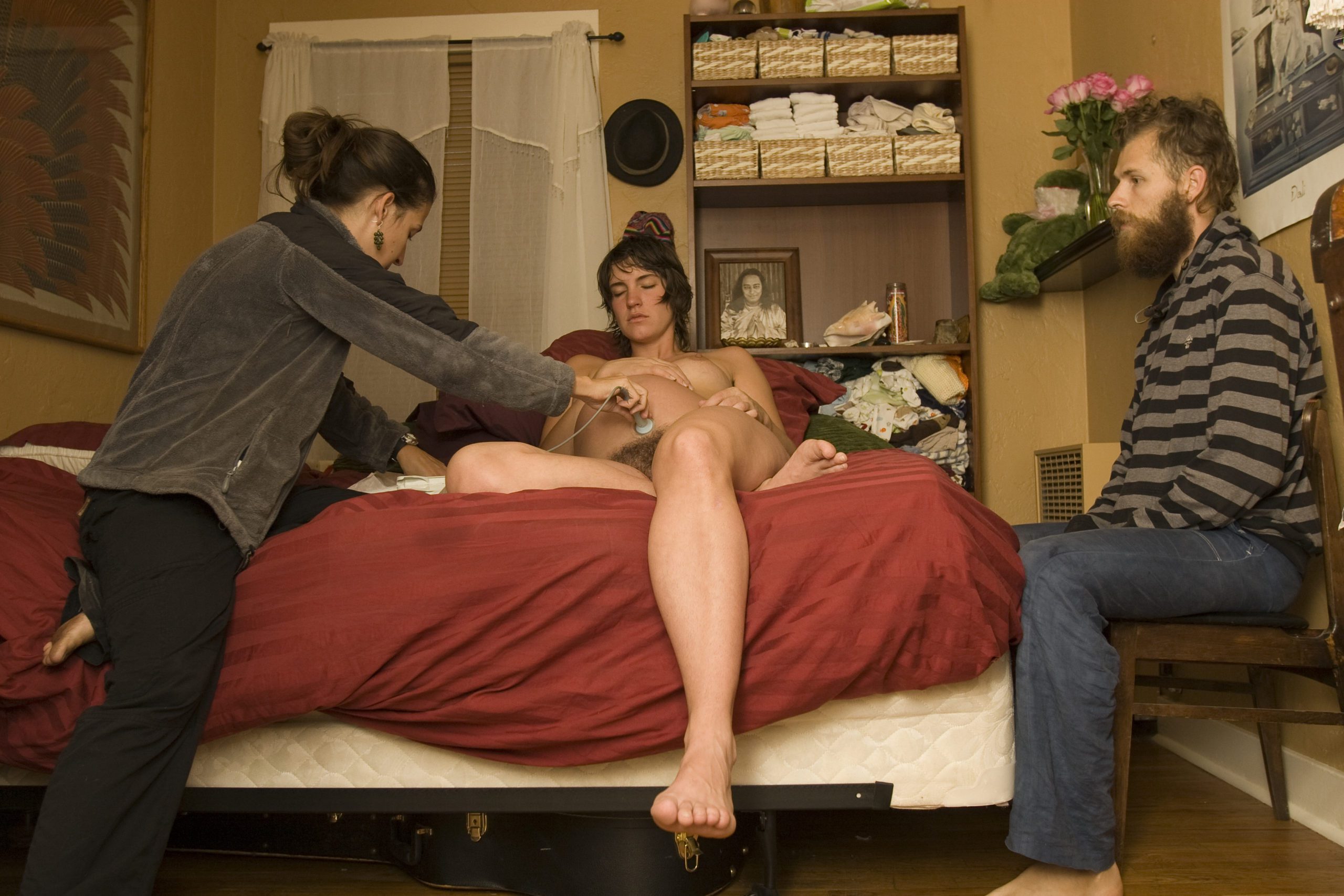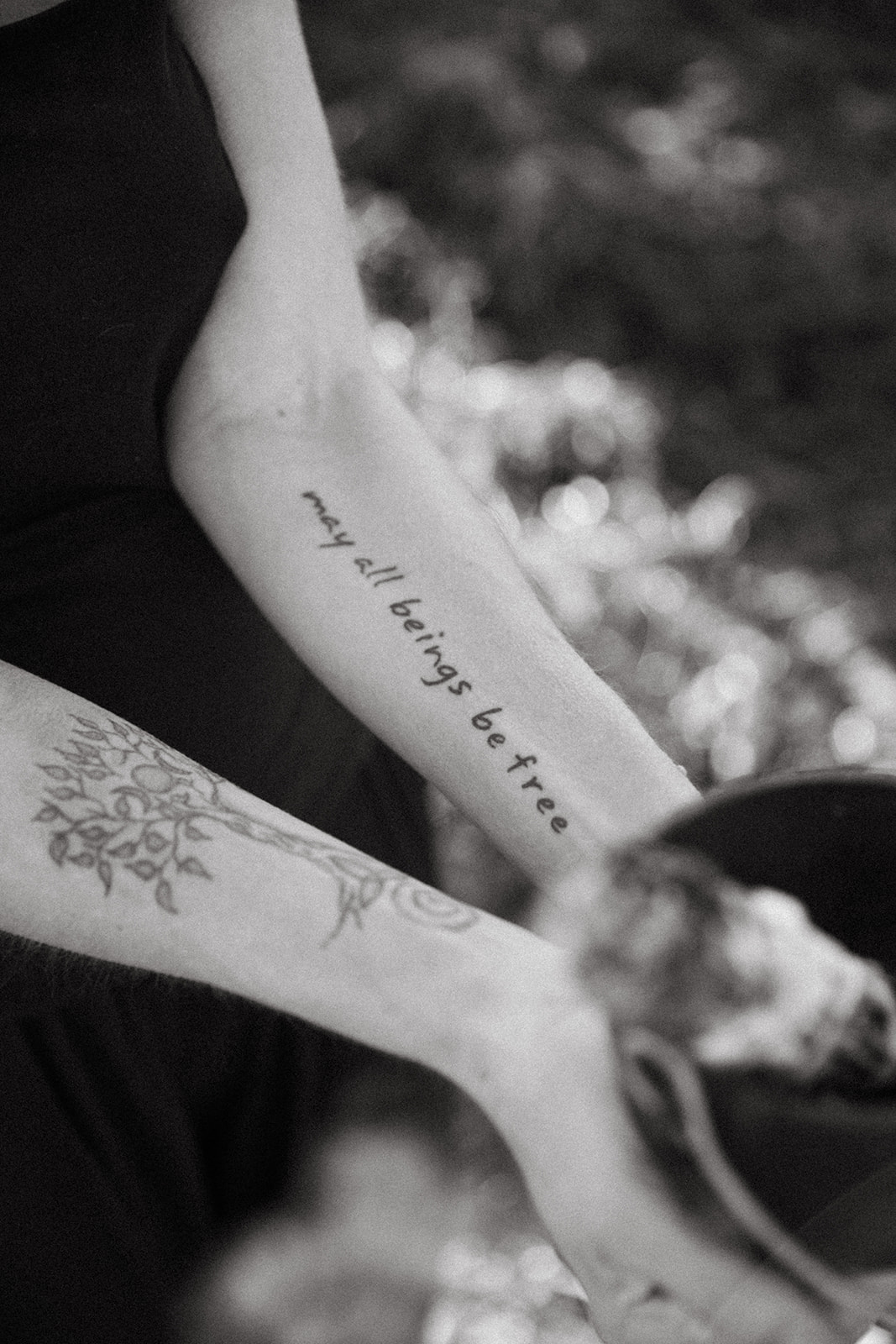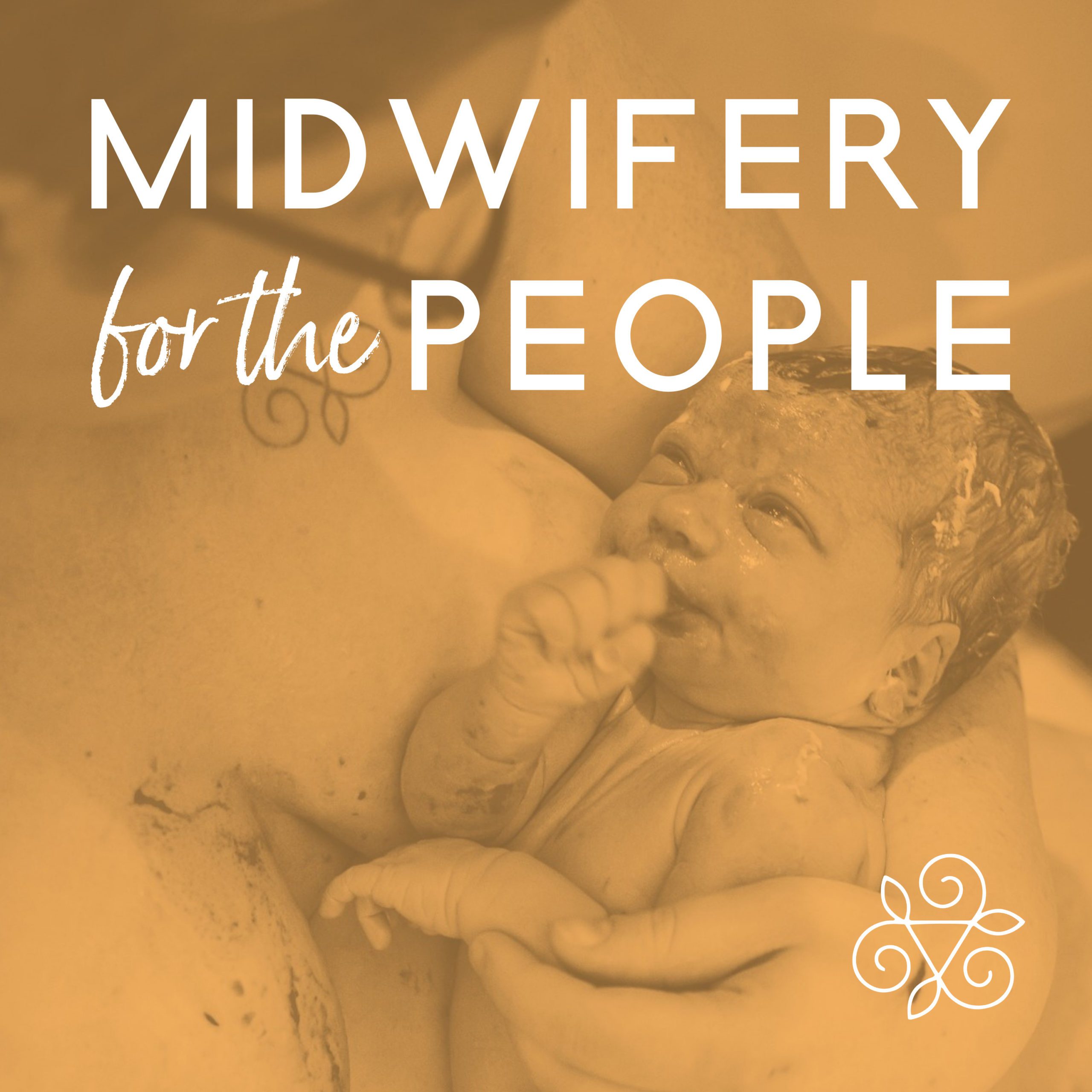 In this episode of Taking Back Birth, I talk about all of the misinformation and fear surrounding postpartum hemorrhage.
In this episode of Taking Back Birth, I talk about all of the misinformation and fear surrounding postpartum hemorrhage.
Just press PLAY below to listen.
Download this podcast transcript
Podcast (taking-back-birth): Download (Duration: 31:51 — 51.5MB)





Also, women carry more blood on board, during pregnancy, so it is natures way to release some of this now unneeded blood at birth. PPH is often over diagnosed as a result. Having one quantity 2 cups, fits all is ridiculous we are all individuals and need to be treated as such. . I read some great anecdotal evidence from a UK MW who worked in homebirth, then later got a job in a hospital caring for mums postpartum. All of these women in Hosp had been given the syntametrine injection. The MW noted that all of these women passed large clots of blood several hours past the birth. Whereas the homebirth mums having natural, physiological 3rd stage of labour passed more blood at birth and had no clots passed later on. Interesting isn’t it this huge fear of PPH is endemic, and that our hospitals today are practising Active Management of labour routinely for birthing the placenta.. The injection is given just in case, a prophelactic to every woman. Also strangely enough,
, 2 cups of blood is equivalent to what is removed in a blood donation and that is not considered a haemorhage, just lie down for half an hour and have a cup of tea. Yes, I think, that having an UNDISTURBED birth is to be what we aim for, to allow women’s bodies to achieve their full potential.
I was given pitocin at my home birth because my labour was only 2 hours. Right after my daughter was born I was sooo suddenly exhausted I just agreed to everything my midwife said 🙁 she said I was at risk of bleeding because of my quick labour. It makes me so frustrated to think she scared me into active management. You’re totally right about the feel of the room changing after the baby is born..all of a sudden they seem tense just WAITING for bleeding. It made me so high strung and nervous, I truly did feel EVERYTHING..couldn’t have worded it any better. The fear was magnified.
I consider that the bottom line with PPH is our own primal pain of loosing a third to fifty% of our blood when we were born and the cord was prematurely cut. This is the case for most people born since the 1940’s. It is this panic and worry that fills the labour ward and is both projected and re enacted onto the the infant.
In the ‘Healing Placenta Trauma’ workshops that I have run it is remarkable how present this trauma is and how it pervades people’s lives. The second edition of Lotus Birth has many case studies about this. http://www.lotusbirth.net
Everyone knows that estimated blood loss is just that- “estimated” so difficult to judge. I once read about a doctor’s 3 measurements of blood loss which he shared, a little, a lot and really a lot!!
We need to get back to basics around birth, right environment to birth in , right people at the birth, right hormones bring used for their right purpose!xxx
Great insights. Hemorrhages are prevented in home births simply because oftentimes the baby is on the mother’s chest right after the birth. I’m convinced that’s why hospitals often give the “preventative” Pit shot – because they’re going to proceed to take the baby away soon after the birth.
Don’t be complacent about PPH. Midwives will always and for ever glance at one another when they see heavy bleeding……so sorry if it worries you BUT we are not worrying about what you have already lost we are in fear of what you are going to lose! When you have seen blood losses in excess of 3 litres and a woman exanguinating before your eyes it scares the shit out of you. So our looks are a question…..at what point do we interfere.
If you listen to the podcast, you will hear me say many times that try as we might, some women WILL still bleed. But fear is not helpful; as the midwife or the mother. I said many times that it is NOT about being complacent; but when more women report “hemorrhages” than not, other ideas need to be addressed and explored. With normal, healthy women, hemorrhage should be RARE.
It would be good to talk about the risk of hemorrhage for each subsequent pregnancy or risk factors for hemorrhaging or even how diet might be related to hemorrhaging. I am just curious because I am considering an unassisted birth for my fourth child – the first three were born somewhat vaginally, and I think each time I’ve learned more and had a less assisted birth. But I have heard that the risk of hemorrhage goes up especially for fifth babies, and I would be curious to know what your thoughts are on that as well as if there are prenatal preventive things like diet and exercise that have an affect on hemorrhage. Since this is apparently the biggest risk to mother during labor (or maternal death is most commonly from hemorrhage?), it seems like something I should know about as well as what forms of herbs or essential oils help – have heard about Shepherd’s Purse and Cayenne.
*Somewhat naturally, meaning, they were born vaginally. Sorry for the typo!
Tabetha, yes, lots of information and myths as well. We developed an intense course on Postpartum Hemorrhage that you can register for here.
http://www.indiebirth.com/pphreg/
Thank you so much for sharing your perspective and experiences. It feels good to be validated. 🙂
Im considering a free birth for my forth and would really like to take your pph course, however i cant seem to access the link or register for an account. Is this still available?